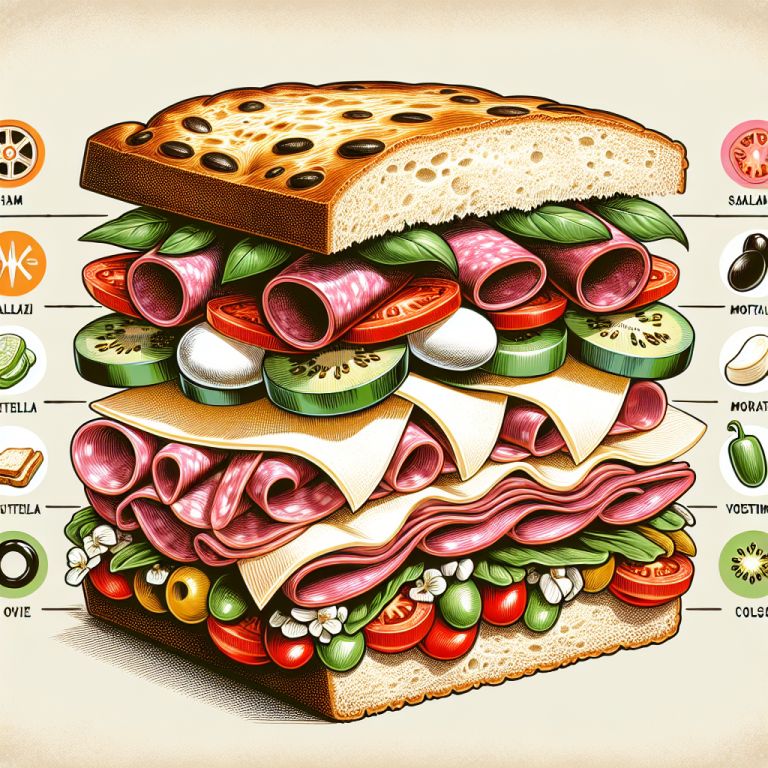McDonaldʼs Mcdonaldʼs Quarter Pounder Calories
When you think of fast food, McDonald’s likely comes to mind. For many, the Quarter Pounder is a classic choice. Known for its hearty beef patty, this burger’s calorie content is a common concern. Understanding its nutritional profile can help those mindful of their diet. Let’s delve into the calories, nutritional benefits, and what makes…
When you think of fast food, McDonald’s likely comes to mind. For many, the Quarter Pounder is a classic choice. Known for its hearty beef patty, this burger’s calorie content is a common concern. Understanding its nutritional profile can help those mindful of their diet. Let’s delve into the calories, nutritional benefits, and what makes the Quarter Pounder a popular choice. Whether you’re counting calories or just curious, this guide will provide insights into its role in a balanced diet. Discover how this fast-food staple fits into your daily nutritional needs.
Nutrition Facts
Serving Size 1 Quarter Pounder (220g)
Amount Per Serving
Calories
520
| Total Fat | 26 g | 33% |
| Saturated Fat | 12 g | 60% |
| Trans Fat | 1.5 g | 0% |
| Cholesterol | 95 mg | 32% |
| Sodium | 1190 mg | 52% |
| Total Carbohydrate | 42 g | 15% |
| Dietary Fiber | 3 g | 11% |
| Total Sugars | 10 g | 0% |
| Protein | 30 g | 60% |
| Vitamin D | – | 0% |
| Calcium | 200 mg | 15% |
| Iron | 4.5 mg | 25% |
| Potassium | 500 mg | 10% |
* The % Daily Value (DV) tells you how much a nutrient in a serving of food contributes to a daily diet.
2,000 calories a day is used for general nutrition advice.
Nutrient Distribution
Calorie Burn Time
How long would it take to burn off total calories from 100g of McDonald’s Quarter Pounder?
FAQs
Final Words
The McDonald’s Quarter Pounder, while calorie-dense, offers significant protein which can be beneficial in a balanced diet. It provides essential nutrients like calcium and iron but should be enjoyed in moderation due to its high sodium and fat content. Understanding its nutritional profile helps in making informed dietary choices.





